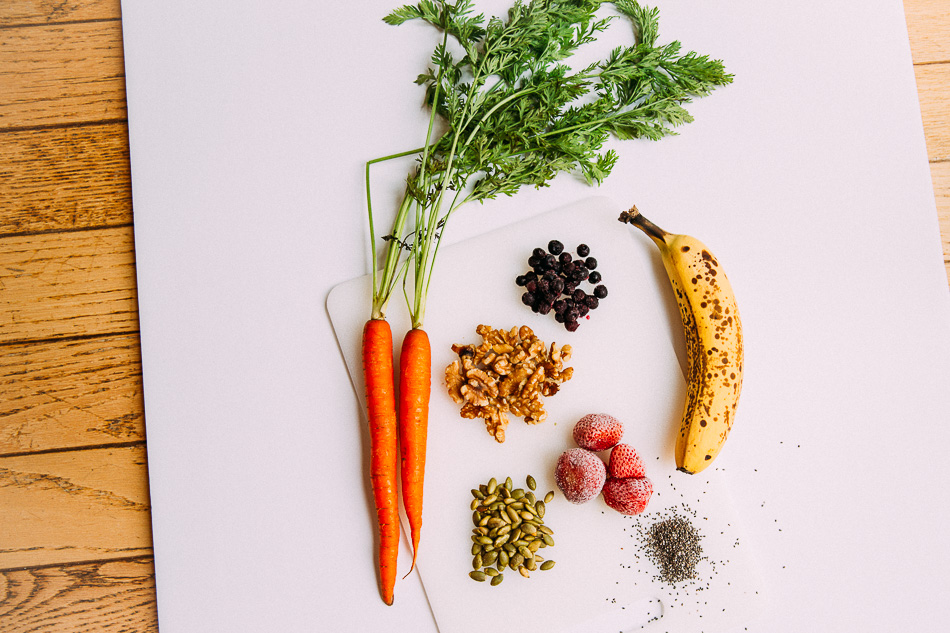
Physical Wellness: Balanced Nutrition

Hello, friends! Happy Monday. I hope that you had a lovely weekend. It was a good one, but also a strange one, for me. The weather was beautiful, the early spring that nature has been hinting at seems to be sticking around. We started working on the yard and garden, and that process brings me so much joy. We have plans to expand the garden a bit which means we’ll be growing even more of our own food than we did last year. We’re also venturing into beekeeping for the first time which is incredibly exciting! I’ll be sharing more about that process soon.
Aside from the fun stuff, like I said, it was also a strange weekend for me too. As I’ve written about at length over the years, at one point in my life, I was crippled by debilitating anxiety. I have made so much progress over the years, in terms of my emotional and physical health. These days, I try to keep a level head about most things. But, the fact remains that I have an anxious temperament. And sometimes when big, scary things happen in the world, as they are happening right now (climate change, rapidly spreading viruses, and so on) thoughts of worry get the better of me.
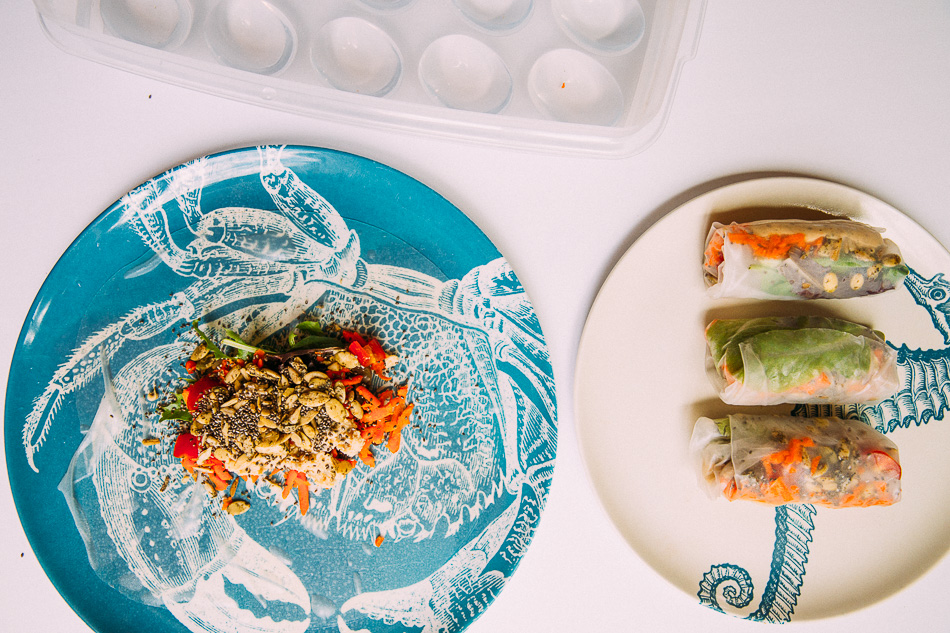
When this happens, I do my best to shift my focus inward. There is no way that I can control what is happening in the entire world around me. But what I can control is what I do in my own life. I can control the impact that I make on the environment. I can control my own habits and set the best possible example for my family. I do not have a magic wand that will fix things on a global scale, but I certainly have the power to do my best. Leaning into that knowledge, and having faith that that is enough, is what helps me to get through difficult times.
Today, I want to focus on nutrition for a moment. Nutrition is on my mind all of the time, as a health conscious individual and as a mother. But, in times like these, it is an even more important consideration for me. Growing up, I was of the mindset that “you get sick when you get sick.” I knew that things like washing your hands and staying away from sick people could reduce your risk of illness. I had also heard the saying, “an apple a day keeps the doctor away.” But that was about as far as my knowledge of health and nutrition went.
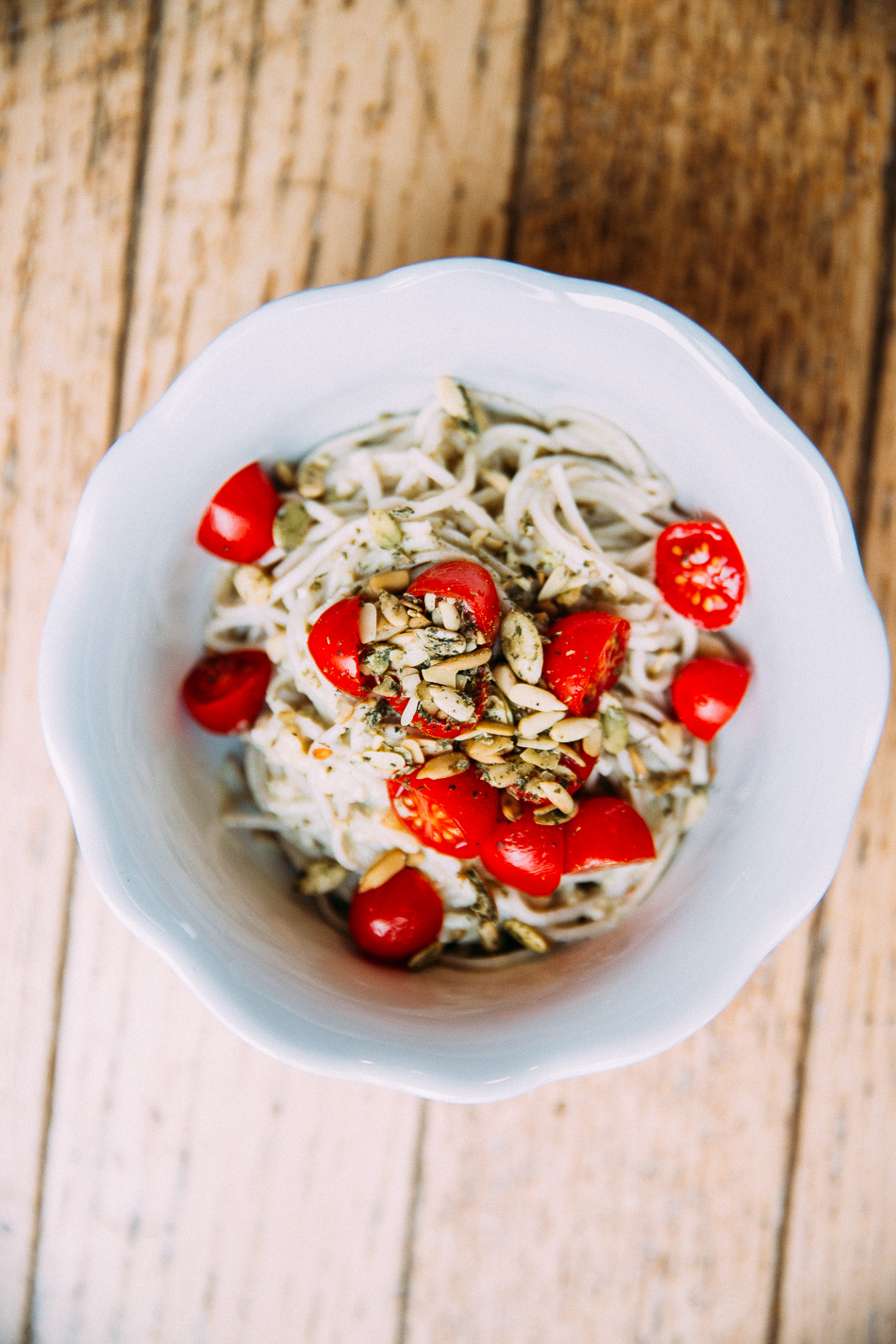
Everything changed for me about 15 years ago. Until that point I had spent my life depressed, overweight, and chronically sick with sore throats and exhaustion. I decided that the life of poor health that I had lived up until that point was not going to cut it anymore. I began to educate myself about the many, many fields of study in the areas of physical and emotional wellness.
For me, this will be a lifelong study. I am constantly learning, exploring and figuring out what works. It’s not a linear process. (Nothing in life is.) I have good days and bad days, days where I make lots of great decisions regarding my health, and days where I succumb and make terrible ones. At the end of the day, I am always trying to do my best and I give myself grace, allowing for whatever “my best” might be on a particular day. And on the bad days, I remember that tomorrow is another chance to start fresh and do better.
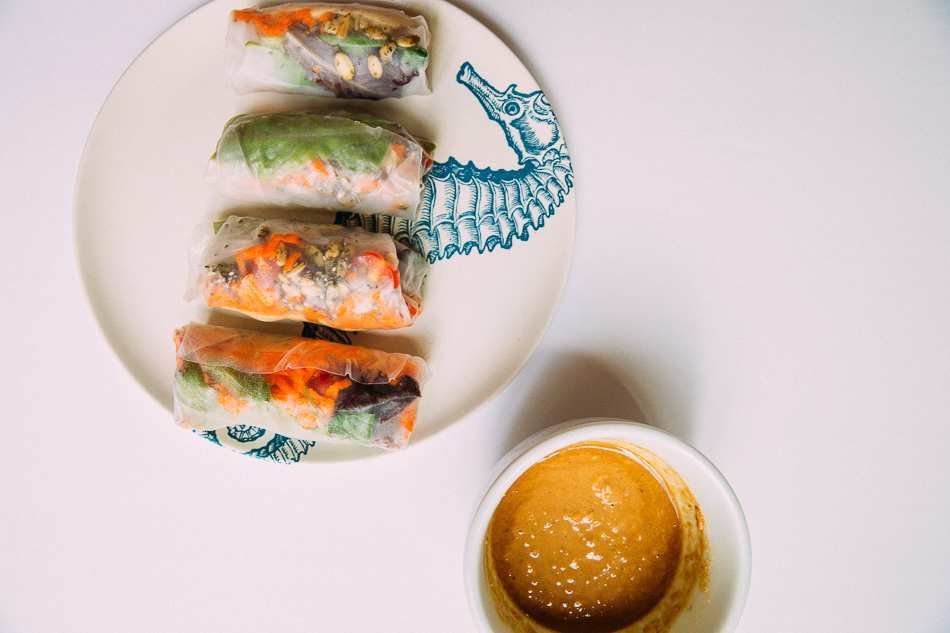
With all of that being said, there are a few areas that I really focus on in order to keep myself and my family healthy. Those are: sleep, movement, minimizing stress, maximizing sunshine + fresh air, and finally hydration + nutrition. All of these areas are important and I plan to write more about each of them in future posts, but today I will dive into nutrition for a bit.
When it comes to nutrition, what I have learned is that the most important factor in determining the nutritious value of food is in knowing how that food will affect your gut. In other words, gut health is everything! In recent years, science has shown us that gut health may be the single most important factor in terms of our wellness.
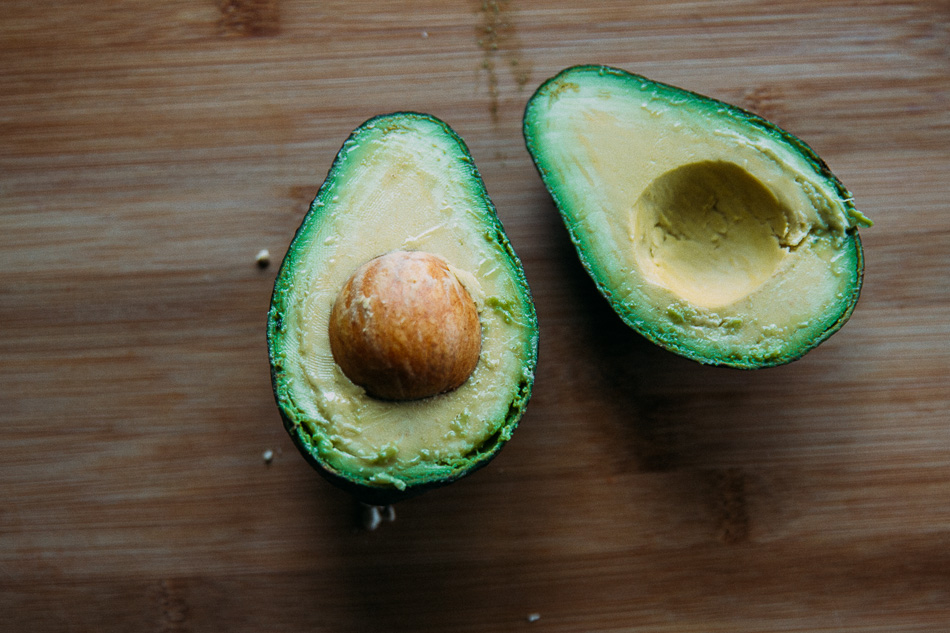
There is a lot to learn about gut health–I wrote an entire guide on this topic–but for the purpose of this post, let me condense it as much as possible. In short, your body is full of trillions of bacteria, viruses and fungi. They are collectively known as the microbiome. There are up to 1,000 species of bacteria in the human gut microbiome, and each of them plays a different role in your body. Most of them are extremely important for your health, while others may cause disease. And this is why it is so important to feed the good bacteria and minimize the growth of the bad bacteria.
- Eat lots of soluble fiber like veggies, fruits, beans, flax seed & split peas. Also inulin like onions, garlic, leeks, jicama, asparagus& artichokes.
- Good bacteria help you to digest fiber sting fiber, producing short-chain fatty acids, which are important for gut health. Fiber may help prevent weight gain, diabetes, heart disease and the risk of cancer.
- Good bacteria help to control your immune system. The gut microbiome controls your immune system by communicating with immune cells and controlling how your body responds to infection.
- And finally, good bacteria help control brain health. New research suggests that the gut microbiome may also affect the central nervous system, which controls brain function and is connected to mental wellness. Taking care of your gut can decrease risk of anxiety, depression and many other mental illnesses.
So now the question becomes, how do you create a healthy gut? My friend and nutrition health coach, Shannon, recently shared 5 simple ways to do this which I loved so much that I’ll share them here.
Here are 5 things you can do to to help you create a healthy gut:
- Eat lots of soluble fiber like veggies, fruits, beans, flax seed & split peas. Also inulin like onions, garlic, leeks, jicama, asparagus & artichokes.
- Eat whole grains and not processed & refined flours.
- Minimize “added” sugar. Maximum is 26 grams for women/children and 37 grams for men.
- Eat fermented foods like kombucha, kefir, miso, tempeh, kimchi and a probiotic plain yogurt.
- Eat healthy fats like extra virgin olive oil, avocado, avocado oil, nuts, chia seeds, whole eggs and fatty fish.
I love Shannon’s tips because they are so accessible. Still, it’s not always easy to get all of the fresh fruit and vegetables, nuts and seeds into my family’s diet as I would like to. So one of my favorite ways to pack them in is with smoothies and shakes. If smoothies and shakes are new to you, here is a useful shakes guide to help get your started.
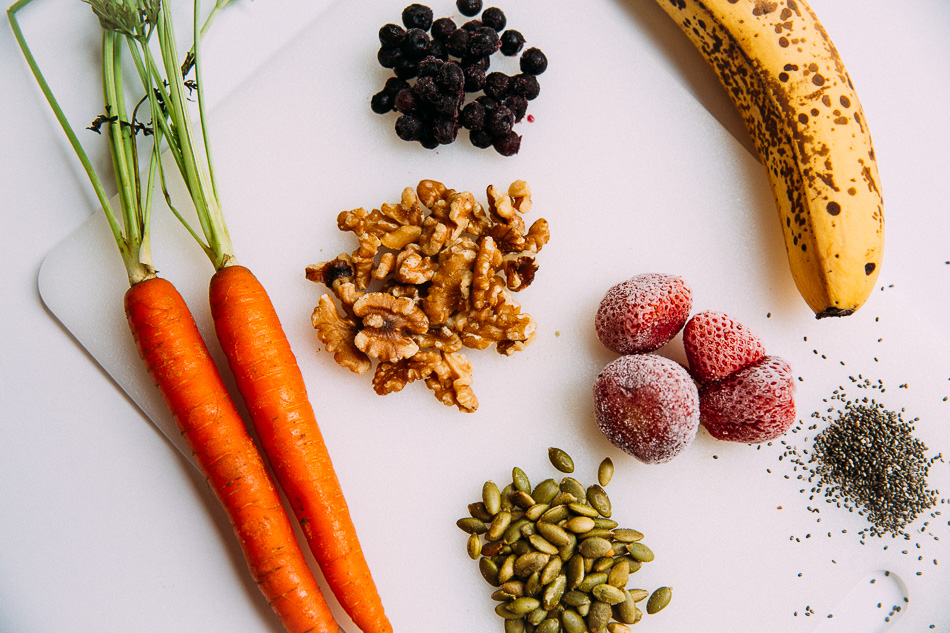
It’s been a really difficult cold and flu season for my little ones. This year was Marina’s first year in school, being around lots of other children, and her little immune system has really taken a hit. The last couple of months have been especially difficult. I have to keep reminding myself that even when I do as much as I can to keep them healthy, sickness is an inevitable part of life.
There is always room for improvement, but giving into the sad feelings of mom guilt and worry won’t do any of us any good. So instead, I’m choosing to focus on the little things that I can control. Making the best choices that I can, as often as I can. Ensuring that love and joy fill our days. And seeking all of the sunshine and fresh air that we can handle, especially now that the season is changing.
Allow me to share a little bit more about the science of “gut health” with you.
Every time a person goes to a doctor, psychologist or healer complaining of depression, anxiety, or even some forms of addiction—the first question that they should be asked is: What are you eating? That is how important gut health really is. It is a vastly and grossly undervalued healing mechanism.
Essentially your intestines are a microbiome. This microbiome is made up of all of the microorganisms in your intestines, or your gut as we’ll call it. Many of the microorganisms in your gut are bacteria. There are two types of bacteria that live in your gut—good bacteria and bad bacteria. The human gut is home to over 100 trillion bacteria, known as the “gut flora.” Having a healthy gut flora is critically important for your overall health and for your mental/emotional health.
The key to achieving a healthy gut is maintaining a proper balance between these bacteria. Adding probiotic and prebiotic-rich foods to your diet is the key to maintaining this balance. Eating these foods will help influence the balance of good bacteria in your microbiome, otherwise known as gut flora. Probiotic foods can help add diversity to your gut, while foods high in prebiotics help feed your good gut bacteria.
Side-note: It is possible to take probiotic and prebiotic supplements, but that is just a band-aid* for not eating the right foods in the first place. If you are eating the right foods, you won’t need to take yet another supplement.
*One of the major keys to healing is treating root causes rather than treating symptoms! Taking a supplement is treating the symptom of poor health. Permanently changing your diet and lifestyle is treating the root cause.
The best diet to support your healing will be 90% whole foods and plant-based. A Mediterranean-style diet is rich in micronutrients like magnesium, vitamin E and selenium that have anti-inflammatory effects, and its high-fiber content fosters lower levels of two potent inflammatory substances, IL-6 and TNF-alpha. This creates a beautiful flourishing microbiome where good bacteria thrive and your mental/emotional health is optimally supported by the foods that you consume.
You will limit or eliminate consumption of foods known to have a pro-inflammatory effect. Such as refined carbohydrates like white bread, white rice and pastries; sugar-sweetened beverages; deep-fried foods; and red meat and processed meats. You will increase foods known to have an anti-inflammatory effect. Such as green leafy vegetables like spinach, kale and collards; fatty fish like salmon, mackerel, tuna and sardines; fruits like strawberries, blueberries, apples, grapes, oranges and cherries; nuts like almonds and walnuts; and olive oil. The recommended plant foods contain natural antioxidants and polyphenols, and the fish are rich in omega-3 fatty acids, all of which counter inflammation.
Recently, science has shown that our gut health—the balance of good and bacteria inside of our intestines—has a direct bearing on our mental health. The link between the gut and the brain is clear. The microfauna in our intestines has a major impact on our state of mind.
The gut-brain axis is bidirectional—the brain effects the gut and the gut effects the brain. The brain acts on gastrointestinal and immune functions that help to shape the gut’s microbial makeup, and gut microbes make neuroactive compounds, including neurotransmitters (the chemical messengers of the brain) and metabolites that also act on the brain.
These interactions occur in various ways: microbial compounds communicate via the vagus nerve, which connects the brain and the digestive tract, and microbially derived metabolites interact with the immune system, which maintains its own communication with the brain. Gut microbes help to control leakage through both the intestinal lining and the blood-brain barrier, which ordinarily protects the brain from potentially harmful agents.
The bottom line: the less processed your diet, the better. The more plant-based, the better. The healthier your gut is, the healthier you will be.
Thank you for reading along, sweet friends. I hope that this post has some helpful tips for you. It always feels so good to share a little bit of what is on my heart. I am grateful for you. Be well. xo
